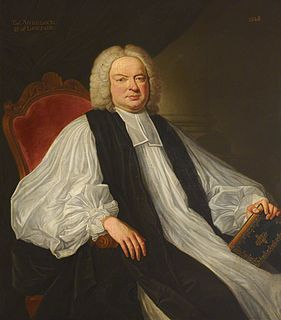A Quote by Lucy Maud Montgomery
That is one consolation when you are poor—there are so many more things you can imagine about.
Related Quotes
There is not such a mighty difference as some men imagine between the poor and the rich; in pomp, show, and opinion, there is a great deal, but little as to the pleasures and satisfactions of life. They enjoy the same earth and air and heavens; hunger and thirst make the poor man's meat and drink as pleasant and relishing as all the varieties which cover the rich man's table; and the labor of a poor man is more healthful, and many times more pleasant, too, than the ease and softness of the rich.
Jesus has many lovers of His kingdom of heaven, but he has few bearers of His Cross. Many desire His consolation, but few desire His tribulation. He finds many comrades in eating and drinking, but He finds few hands who will be with Him in His abstinence and fastingBut those who love Jesus purely for Himself, and not for their own profit or convenience, bless Him as heartily in temptation and tribulation and in all other adversities as they do in time of consolation. And if He never sent them consolation, they would still bless and praise Him.
I think there's no question that historians create; they would tell you that, I think. If I'm trying to imagine an imperial Roman position, it's much easier to imagine the poor schlub who's not even sure why he's doing what he's doing than it is to imagine Caesar. At least for me. And I'm intrigued, too, by the position of the poor schlub who *still* finds himself supporting the imperial project.
Sure must be a great consolation to the poor people who lost their stock in the late crash to know that it has fallen in the hands of Mr. Rockefeller, who will take care of it and see that it has a good home and never be allowed to wander around unprotected again. There is one rule that works in every calamity. Be it pestilence, war or famine, the rich get richer and the poor get poorer. The poor even help arrange it.
By using general consumption PPPs, the World Bank is, in effect, saying to the poor: "Sure, you cannot buy as much food as the dollar value we attribute to your income would buy in the United States. But then you can buy much more by way of services than you could buy with this PPP equivalent in the United States." But what consolation is this? The poor do not buy services - they are services, on their luckier days.



































